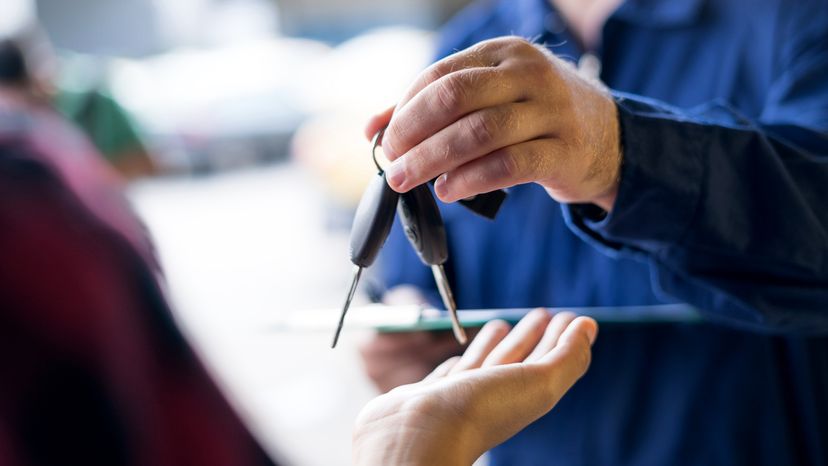
Vehicle transportation is often the biggest expense in our budgets, apart from housing. With the cost of new cars continuing to trend upwards, most people are looking for a good deal. However, dealerships are out to make their margins, and these often come in the form of extra fees and charges tacked onto the sale price. Some dealers may even go out of their way to hide fees, handing you a shockingly large bill.
Advertisement


